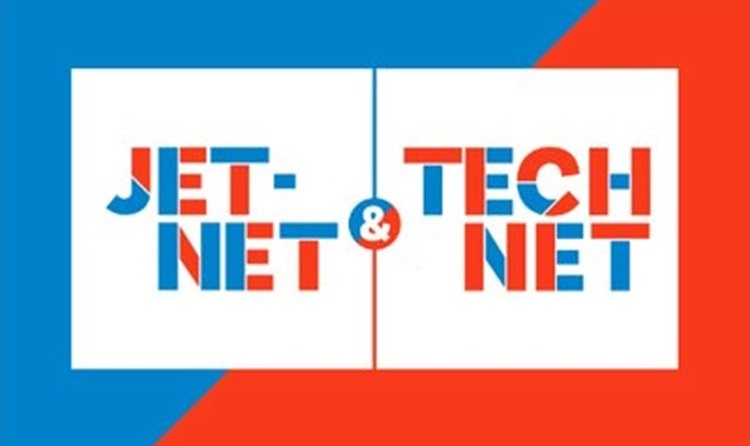New organisation focused on school-company cooperation launched in Bretagne, France
A new organisation focused on school-company cooperation in the French region of Bretagne was launched on December 10, 2021. The launch follows an EU STEM Coalition Taskforce meeting in Fréhel, France in which several international best-practices were presented and evaluated by the working group.
The new not-for-profit association was formally launched under the name 'Bretagne Entreprise Jeunesse' (BREJ) by the representatives of the participating organisations. In its statutes the objectives of the association are established as:
- Support young people in their job orientation, discovery of the professional world and transition to the labour market,
- Allow companies to meet with and contribute to the world of education (schools, colleges, high schools, higher education and training centres) and
- Allow teachers, trainers and guidance counselors to interact with the world of business in the region of Bretagne
During its inaugural meeting, it was also decided to continue to develop STEM-oriented activities under the already existing STEM Bretagne-label (created by the members of the working group prior to the launch of BREJ).






